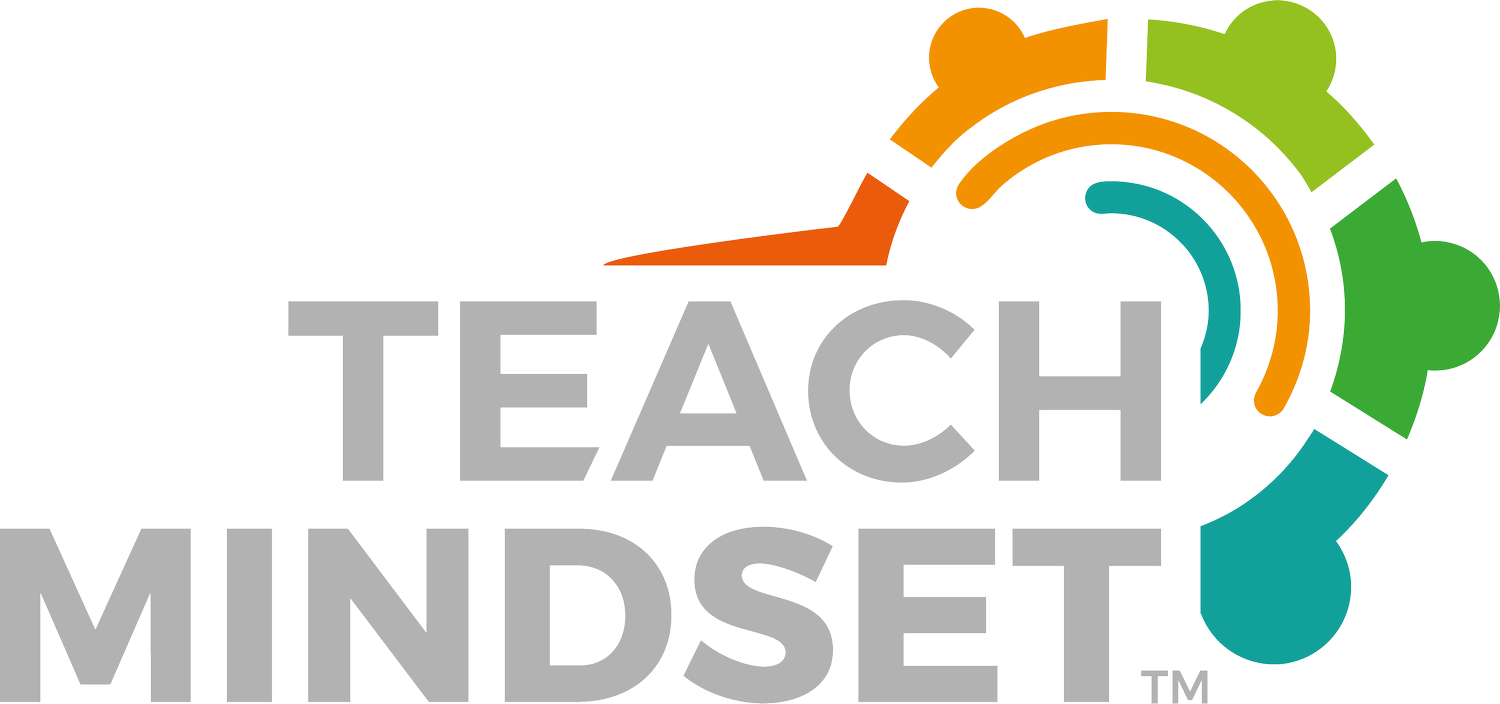Unleashing the Power of Youth Work and Informal Education in Schools: A Game-Changer for Success
As an experienced professional in youth work and informal education, I've seen firsthand the transformative impact these skill sets can have on the lives of young people. In light of the pressing issues faced by young people in the UK today, the need for school youth workers has become even more urgent. The ongoing challenges of mental health, cyberbullying, substance abuse, and socioeconomic disparities have been exacerbated by the COVID-19 pandemic, leaving many students feeling isolated, anxious, and overwhelmed.
By incorporating the principles of youth work and informal education into the school environment, we can create a more supportive, engaging, and empowering atmosphere for our students to flourish.
Building Trust and Connections
One of the core tenets of youth work is establishing solid and meaningful relationships with young people. In schools, this translates to educators taking the time to genuinely connect with their students, understanding their needs, aspirations, and challenges. By fostering an environment of trust and open communication, we can create a safe space where students feel heard, respected, and valued. This sense of belonging and security is crucial for students to engage in learning and reach their full potential actively.
Empowering Student Voice
Youth work and informal education embrace at its core the belief that young people have unique perspectives and valuable insights to share. By promoting pupils' voices and providing opportunities for students to express their thoughts and opinions, we empower them to take ownership of their learning journey. In the classroom, this might incorporate more student-led discussions, group projects, and opportunities for students to provide input on the curriculum. By giving young people a say in their education, we foster a sense of agency and inspire them to take charge of their development.
Embracing a Holistic Approach
Youth work and informal education acknowledge that young people are multi-faceted individuals with diverse needs and interests. In schools, this means taking a holistic approach to education beyond academics and addressing our students' social, emotional, and personal development. Integrating elements such as mentoring, counselling, and extracurricular activities into the school experience can support our pupils' overall well-being and resilience, setting them up for long-term success.
Cultivating a Growth Mindset
A key component of informal education is promoting a growth mindset, which encourages young people to embrace challenges, learn from setbacks, and view failure as an opportunity for growth. By fostering a culture that celebrates effort, perseverance, and personal development, we can instil in our young people a lifelong love of learning and a resilient attitude towards the inevitable obstacles they will face.
Encouraging Experiential Learning
Informal education thrives on hands-on, experiential learning that allows young people to apply their knowledge and skills in real-world contexts. By implementing project-based learning, internships, and community-based opportunities, we can provide our students with practical experiences that enhance their understanding of academic concepts and help them develop essential life skills such as problem-solving, teamwork, and adaptability.
By incorporating youth work and informal education principles into our schools, we can create a more dynamic, enriching, and supportive environment for our students to thrive.
By integrating more youth work approaches into the school environment, we can address these critical concerns of a post-pandemic society head-on, offering targeted interventions and comprehensive support systems to help our young people navigate these trying times. As a society, we must prioritize the well-being of our youth, and investing in youth workers in schools is a vital step towards ensuring their success and resilience in the face of adversity.
With the right approach and mindset, we can unleash the full potential of our young people, equipping them with the tools and confidence they need to succeed in school and beyond. It's time to fully embrace the power of youth work and informal education, and together, we can make a lasting difference in the lives of our young people.
